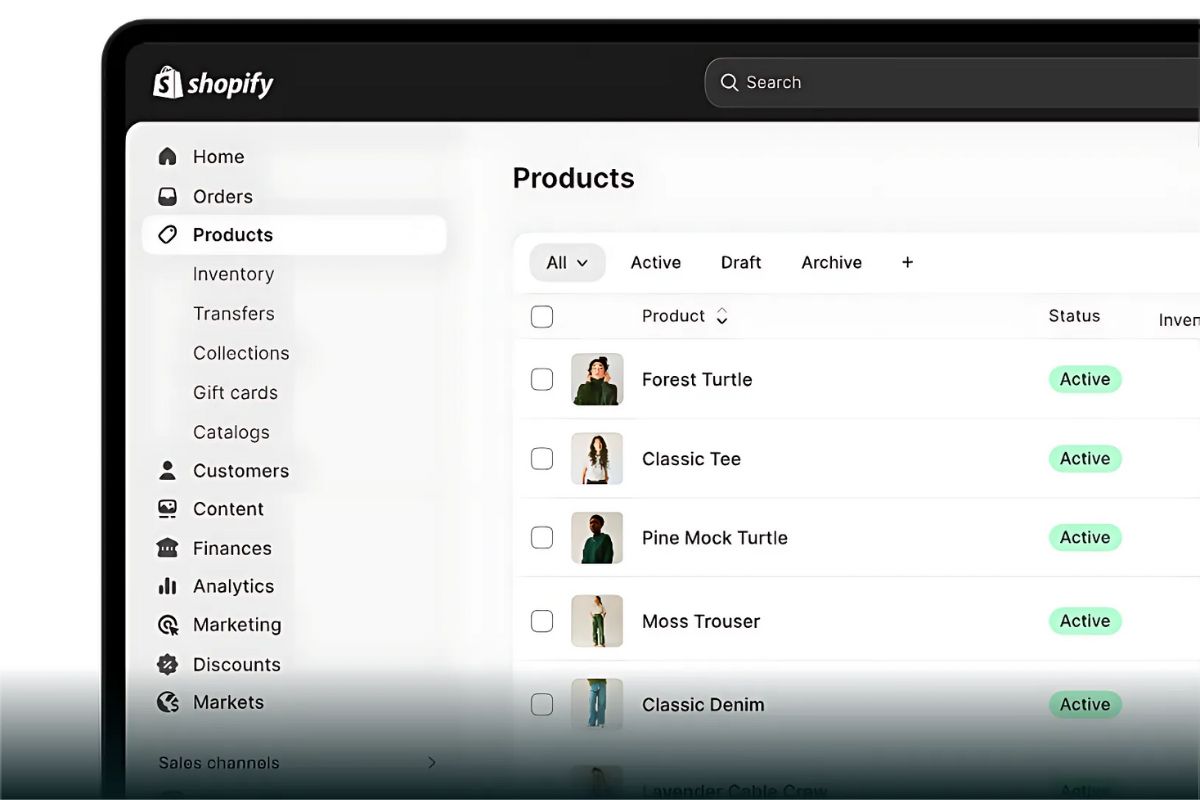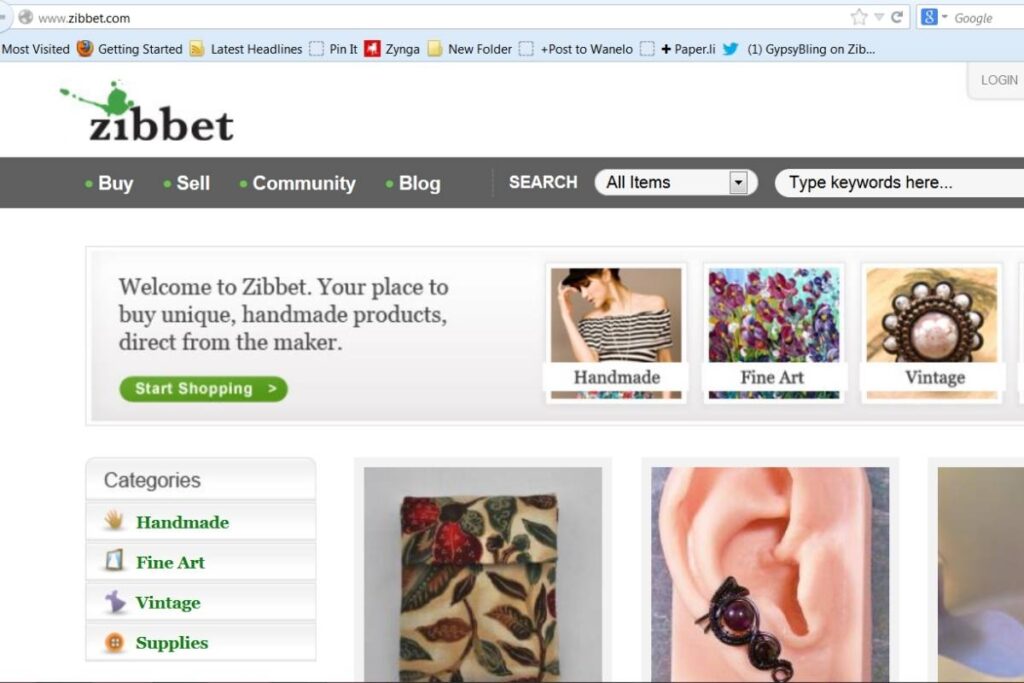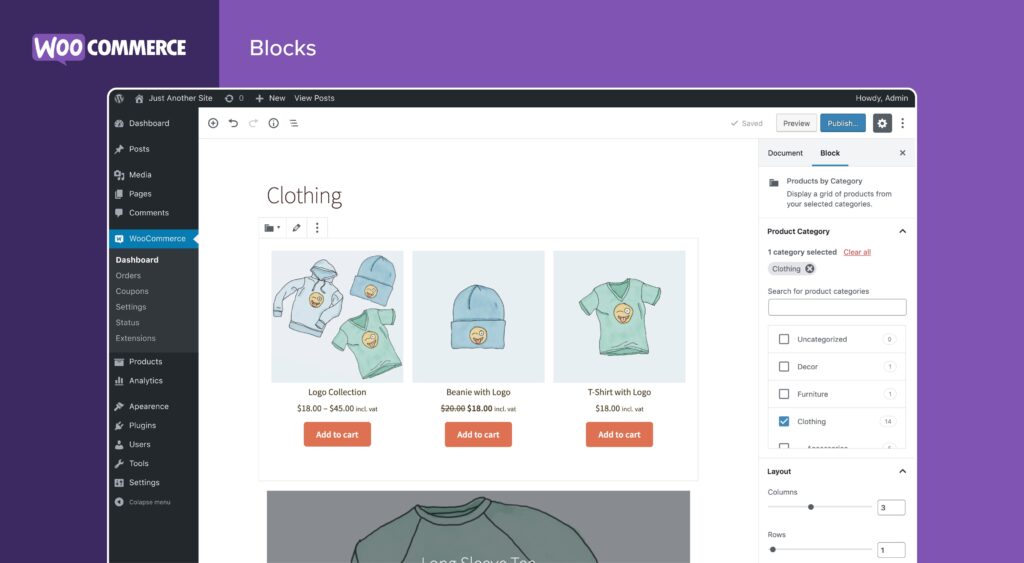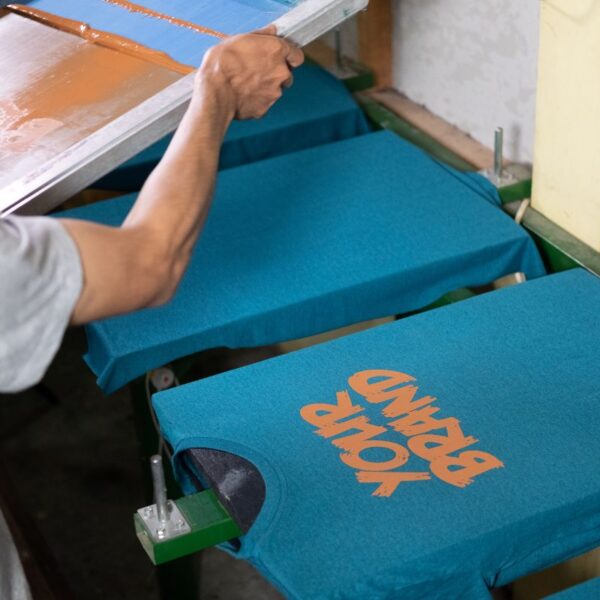Etsy has long been a go-to marketplace for artisans, crafters, and small business owners looking to reach customers who value handmade and unique products. However, with increasing fees, competition, and limited branding control, many sellers are searching for best alternatives to Etsy that better align with their business needs.
Table of Contents
This article explores some of the Etsy’s alternatives, breaking down each option’s advantages and helping you find the right platform to grow your business.
Why Consider an Etsy Alternative?
Platform Fees
Etsy charges sellers a variety of fees, including listing fees, transaction fees, and payment processing fees. For small businesses, these fees can quickly add up and eat into profit margins. Exploring other platforms can help reduce these costs and increase profitability.
Competition and Market Saturation
As Etsy’s popularity has grown, so has the competition among sellers. New businesses often struggle to get noticed, as established sellers with high sales and positive reviews dominate search results. Some alternative platforms offer sellers a fresh start with less competition and more visibility.
Unique Selling Needs
Different sellers have unique needs that may not align with Etsy’s marketplace. For instance, some sellers want more control over branding and store layout, while others prioritize niche audiences or multi-channel integration. Several Etsy alternatives provide these customizations, allowing sellers to create a tailored shopping experience.
Best Alternatives to Etsy for Artisans and Small Business Owners
| Platform | Fees | Best For | Key Features | Ease of Use | Target Audience | Price Range |
|---|---|---|---|---|---|---|
| Shopify | Monthly subscription ($39+), Transaction fee (2.9% + 30¢) | Artisans looking for full control over their store | Highly customizable, integrates with social media & marketplaces, supports physical products & digital goods | Moderate to High | Small to medium businesses, entrepreneurs | $39 – $399/month |
| Big Cartel | Free plan (5 products), Paid plans ($9.99 – $19.99/month) | Artists and small creators seeking simplicity | Simple setup, customizable themes, no transaction fees on paid plans | Easy | Independent artists, hobbyists, small creators | Free – $19.99/month |
| ArtFire | Monthly subscription ($4.95 – $20), Transaction fee (3.5%) | Handmade and vintage goods sellers | Marketplace focused on handmade, vintage, and craft supplies | Moderate | Artisans, crafters, vintage sellers | $4.95 – $20/month |
| Zibbet | Monthly subscription ($5 – $25), No transaction fees | Sellers wanting to list on multiple platforms simultaneously | Multi-channel selling (Etsy, eBay, Facebook, etc.), custom domains | Easy to Moderate | Artisans, craft vendors, multichannel sellers | $5 – $25/month |
| Redbubble | No monthly fee, Commission-based (varies by product) | Artists who want passive income through design products | Print-on-demand services for various products (t-shirts, posters, etc.) | Easy | Digital artists, illustrators, designers | Free to use, commissions vary |
| Society6 | No monthly fee, Commission-based (10%-30%) | Artists seeking high-end art products | Print-on-demand for high-quality home decor, art prints, and accessories | Easy | Artists, illustrators, photographers | Free to use, commissions vary |
| TeeSpring (Spring) | No monthly fee, Commission-based (varies) | Creators focused on apparel & merchandise | Print-on-demand for apparel, mugs, and home goods | Easy | Designers, influencers, content creators | Free to use, commissions vary |
| Folksy | Listing fee (£0.15/item), 6% Transaction fee | UK-based artisans and crafters | Focus on UK handmade goods, simple listing process | Easy | UK-based artists and crafters | £0.15/item, 6% fee |
| Bonanza | Monthly subscription ($25+), 3.5% Transaction fee | Sellers who want to list across multiple platforms | Easy integration with eBay, Amazon, and other platforms, low fees | Moderate | Small business owners, multi-platform sellers | $25+ per month, transaction fee |
| Shopify Handmade | Subscription ($39/month), Transaction fees (2.9% + 30¢) | Artisans and makers who want their own brand | Dedicated to handmade goods, highly customizable, integrated e-commerce tools | Moderate to High | Craft makers, jewelry designers, furniture makers | $39/month |
Create and sell personalized merchandise from Today!
1. Shopify

Key Features and Advantages
Shopify offers independent online store creation with extensive customization options, allowing sellers full control over branding and customer interactions. It provides built-in marketing tools, analytics, and access to numerous integrations, making it ideal for businesses aiming to scale.
Best For
Sellers who want a fully customizable online store, brand control, and scalability.
Pros and Cons
Pros: Customization, control over branding, integrated marketing tools.
Cons: Monthly subscription fees, requires time for setup and management.
2. Swagify

Key Features and Advantages
Swagify allows independent online store creation with powerful customization options, giving sellers complete control over branding and customer interactions. With built-in marketing tools, advanced analytics, and seamless integrations, Swagify is designed for businesses looking to grow and scale effectively.
Best For
Sellers seeking a highly customizable online store with full brand control and scalability.
Pros and Cons
Pros: Full customization, brand control, integrated marketing and analytics tools.
3. Amazon Handmade

Key Features and Advantages
Amazon Handmade offers artisans the chance to reach Amazon’s massive customer base while maintaining a focus on handcrafted items. The platform provides Amazon’s fulfillment services, which can save time on logistics and provide customers with fast, reliable shipping.
Best For
Sellers who want access to a large audience and prioritize easy fulfillment.
Pros and Cons
Pros: Huge customer base, streamlined logistics with Amazon FBA.
Cons: Stringent approval process, Amazon takes a higher percentage of sales.
4. Big Cartel
Key Features and Advantages
Big Cartel is a simple, affordable e-commerce platform that caters to artists and makers. It offers a user-friendly setup, limited customization, and a low-cost structure that appeals to small businesses or part-time sellers looking for a straightforward, affordable platform.
Best For
Small-scale artisans or hobbyists seeking a simple, budget-friendly storefront.
Pros and Cons
Pros: Affordable, easy setup, artist-focused.
Cons: Limited scalability, fewer customization options.
5. Zibbet

Key Features and Advantages
Zibbet allows sellers to manage multiple sales channels from one platform, including Etsy, eBay, and Instagram. Sellers can maintain a centralized inventory, making it easier to reach multiple audiences without having to manage each platform individually.
Best For
Sellers who want to sell across multiple platforms and manage all listings from one place.
Pros and Cons
Pros: Multi-channel selling, centralized inventory management.
Cons: Limited built-in customer base, requires established accounts on other platforms.
6. Bonanza
Key Features and Advantages
Bonanza allows sellers to set up shops quickly with a low-cost structure and enables easy import of listings from other platforms. It covers a broad range of product categories and charges no listing fees, making it a cost-effective alternative to Etsy.
Best For
Sellers looking for low fees and flexibility in a marketplace with a variety of product categories.
Pros and Cons
Pros: No listing fees, ease of importing from other platforms.
Cons: Smaller customer base than larger marketplaces, less focus on handmade items.
7. WooCommerce

Key Features and Advantages
WooCommerce is an open-source e-commerce platform that integrates with WordPress, providing extensive customization for self-hosted online stores. It is ideal for sellers who want to build a completely customized store with full control over features, integrations, and branding.
Best For
Sellers looking for a self-hosted, highly customizable solution.
Pros and Cons
Pros: Complete control, open-source, integrates with WordPress for endless customization.
Cons: Requires setup and maintenance, hosting fees can add up.
Comparison of Etsy Alternatives
Fees and Cost
While some platforms charge listing fees, others have a monthly subscription or take a percentage of each sale. Bonanza is one of the most affordable options, while Shopify and Amazon Handmade charge higher fees but offer access to a broader customer base and added tools.
Ease of Use and Setup
Platforms like Big Cartel and Bonanza are quick to set up, requiring minimal tech skills. Shopify and WooCommerce provide extensive features and customizations but require more time to configure.
Marketing and Visibility
Amazon Handmade offers excellent visibility due to Amazon’s vast customer base. Shopify and WooCommerce provide built-in marketing tools, allowing sellers to create targeted campaigns, while Zibbet offers multi-channel visibility for greater reach.
Customization and Branding Options
For maximum control over branding, Shopify and WooCommerce are top choices. These platforms allow sellers to create unique storefronts, with full customization of colors, layouts, and branding.
Choosing the Right Platform for Your Business

Assess Your Business Needs
Consider the types of products you sell, the audience you’re targeting, and the resources available to manage your store. For example, sellers focused on handmade items may prefer Amazon Handmade or ArtFire, while those looking for extensive customization may lean towards Shopify.
Evaluate Your Growth Goals
If you’re aiming for rapid growth, choose a platform like Amazon Handmade or Shopify that offers scalability and extensive marketing tools. Smaller sellers who prefer a manageable storefront may find Big Cartel or Zibbet more suitable.
Prioritize Ease of Use
Running an online store takes time. Choose a platform that aligns with your schedule and skills—Big Cartel, Bonanza, and Zibbet are easier for new sellers, while Shopify and WooCommerce provide more tools for those comfortable with more involved setup and management.
FAQs
What are the best Etsy alternatives for handmade items?
Amazon Handmade, ArtFire, and Bonanza are popular options for artisans focused on handmade items. These platforms offer varying degrees of community support, visibility, and customization.
Can I sell on multiple platforms simultaneously?
Yes, tools like Zibbet allow multi-channel selling, which centralizes inventory across platforms, including Etsy, eBay, and Instagram.
Are there any free alternatives to Etsy?
Big Cartel offers a free plan for up to five products, making it a good option for small sellers. WooCommerce is also free but requires hosting through WordPress.
How do I choose between a marketplace and an independent store platform?
Marketplaces like Amazon Handmade and Bonanza offer built-in audiences but limit branding. Independent platforms like Shopify and WooCommerce allow total customization, which is ideal if you want full control over your brand.
What are the pros and cons of self-hosted platforms like WooCommerce?
WooCommerce provides full control over design and branding, but it requires hosting and some technical skills for setup and maintenance. It’s best suited for sellers comfortable managing a self-hosted site.
Conclusion
Exploring Etsy alternatives allows artisans and small businesses to find platforms that better align with their goals, brand, and selling style. From highly customizable solutions like Shopify and WooCommerce to community-focused platforms like ArtFire, there are many options to suit different needs. Choosing the right platform will depend on factors like control over branding, fees, and ease of use. Whether you’re scaling your business or looking for a simpler setup, these alternatives offer unique benefits to help you succeed in the e-commerce world.




Sign up